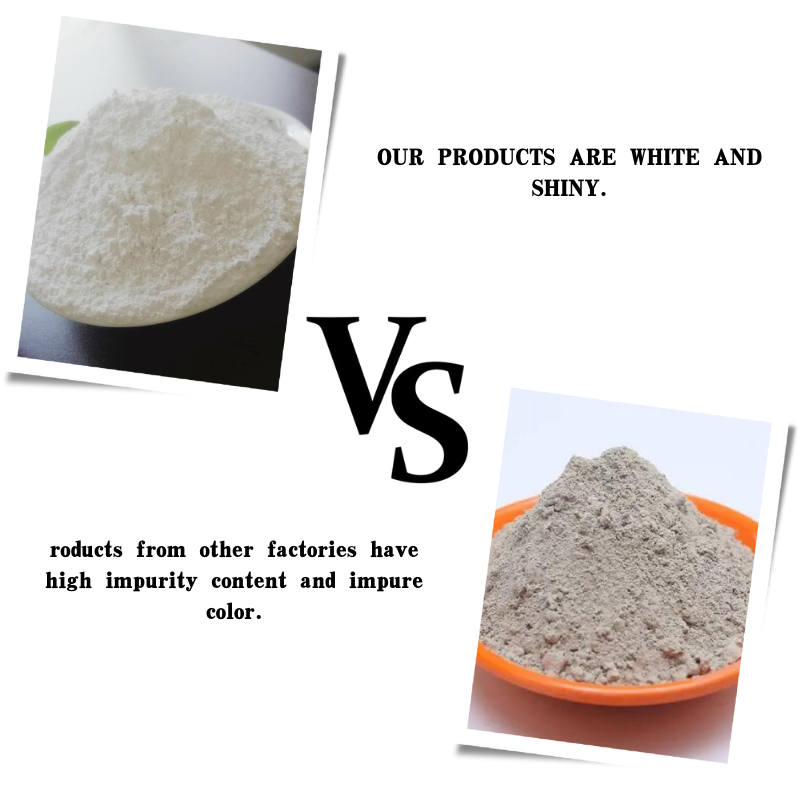
activated charcoal for drinking water
The Role of Activated Charcoal in Drinking Water Purification
In an era where water contamination poses a significant threat to public health, innovative solutions to purify drinking water are essential. One such solution that has gained popularity is activated charcoal. Also known as activated carbon, this odorless and tasteless black powder has proven its effectiveness in water treatment processes. In this article, we will explore what activated charcoal is, how it works, and its advantages and limitations in purifying drinking water.
What is Activated Charcoal?
Activated charcoal is produced by heating carbon-rich materials, such as wood, peat, coconut shells, or coal, in a controlled environment. This process, known as activation, creates numerous tiny pores on the surface of the charcoal, increasing its surface area and making it highly porous. The resulting material has a remarkable capacity to absorb impurities from various substances, particularly liquids and gases.
How Does Activated Charcoal Work?
The primary mechanism by which activated charcoal purifies drinking water is adsorption. Unlike absorption, where one substance is taken into another, adsorption is the process where molecules adhere to the surface of a solid. When water passes through activated charcoal, contaminants such as chlorine, sediment, volatile organic compounds (VOCs), and some heavy metals are attracted to the porous surface of the charcoal and held there. This effectively removes these impurities from the water, enhancing its taste and safety.
Activated charcoal can also tackle harmful microorganisms, albeit indirectly. While it does not kill bacteria and viruses, the reduction of other contaminants can create a less hospitable environment for pathogens, thus lowering the overall microbiological load in water.
Advantages of Using Activated Charcoal
1. Effective Filtration Activated charcoal is highly effective at removing a wide range of impurities, including unpleasant tastes and odors, making water more palatable.
2. Chemical Removal It can significantly reduce levels of chlorine, pesticides, and industrial solvents that may be present in drinking water.
activated charcoal for drinking water

4. Cost-Effective Compared to other water purification systems, activated charcoal filters are relatively inexpensive and easier to maintain.
5. Narrow Range of Side Effects When properly maintained, activated charcoal filters don't introduce harmful chemicals back into the water, unlike some chemical treatments.
Limitations of Activated Charcoal
Despite its numerous advantages, activated charcoal is not a panacea for all water quality issues. Here are some limitations to consider
1. Not a Complete Solution While activated charcoal effectively removes many chemicals and improves taste and odor, it does not eliminate all contaminants, such as heavy metals (like lead) and certain pathogens.
2. Needs Regular Replacement Over time, the effectiveness of activated charcoal diminishes as it becomes saturated with contaminants. Regular replacement is necessary to maintain its efficacy.
3. Potential for Bacterial Growth If not replaced often, used activated charcoal can become a breeding ground for bacteria, potentially contaminating the very water it is meant to purify.
4. Limited Capacity The effectiveness of activated charcoal is dependent on the amount of charcoal used and the concentration of contaminants, meaning it may be inadequate for heavily polluted water.
Conclusion
Activated charcoal represents a valuable tool in the quest for clean drinking water. Its ability to effectively remove many common contaminants makes it a popular choice for household water filtration systems. However, it is critical to understand its limitations and recognize that it should be part of a broader water purification strategy. By combining activated charcoal with other purification methods, we can enhance the safety and quality of our drinking water, ultimately safeguarding our health and well-being.
Share
-
Premium Resin Coated Sand - High Heat Resistance CastingNewsJul.31,2025
-
High Quality Silicon Carbide Grit for Abrasive ApplicationsNewsJul.30,2025
-
High-Quality Ceramsite for Plants & Gardening | Lightweight PebblesNewsJul.29,2025
-
Premium Burgundy Glass Marbles for Vases & Shooter GamesNewsJul.29,2025
-
High Purity Quartz Sand for Industrial and Ground ApplicationsNewsJul.29,2025
-
High-Quality Barite Powder for Drilling & Industrial UseNewsJul.29,2025






